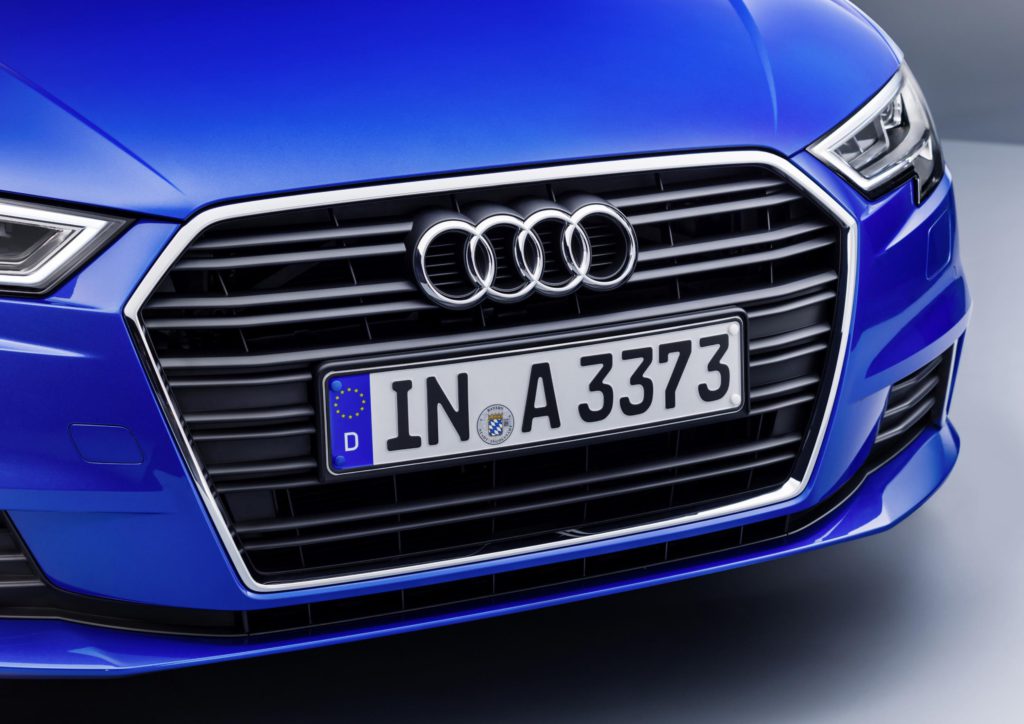Jobs cut as Audi looks to invest in EV technology
27 November 2019

27 November 2019
Audi is to cut 9,500 jobs by 2024 as it looks to free up money to invest in the development of electric vehicles (EVs).
The carmaker has said the move will allow it to put €6 billion into the research and manufacture of EVs, as well as to increase its presence in digital technologies. The VW brand will also extend job guarantees for operational workers until 2029.
Despite these plans, Audi has stressed that it is on track to achieve a double-digit profit margin for the year, even though it is finding a need for more investment into the transition away from internal combustion engines.
Long-term guarantees
Audi says the job cuts will take place along the demographic curve, in particular through employee turnover and a new, early-retirement program. An equivalent percentage staff reduction will take place in management. Nonetheless, Audi will continue to recruit in the coming years. The company plans to create up to 2,000 new expert positions in areas such as electric mobility and digitalisation. Those appointments will be made on the principle of internal before external candidates.
′The extension of the employment guarantee is a great success in difficult times’, said Peter Mosch, Chairman of the General Works Council of Audi in relation to the extended guarantees for operational workers. ′In addition, the upcoming electrification of the Ingolstadt and Neckarsulm plants underscores the long-term success of both German sites.’
Planning ahead
Audi’s move comes as part of Audi.Zukunft, a ′forward-looking realignment’ plan that the carmaker hopes will give it a platform to succeed in new markets.
′With the Audi Transformation Plan, we have already anchored a successful program of measures. And with Audi.Zukunft, we are now also tackling structural issues in order to prepare Audi for the challenges ahead,’ says Audi CEO Bram Schot.
′Audi.Zukunft secures our sustainable growth. In times of upheaval, we are making Audi more agile and more efficient. This will increase productivity and sustainably strengthen the competitiveness of our German plants.’
Electric production
A key component of the agreement is to allow the economic and future-proof utilisation of production capacities. Annual plant capacity at Ingolstadt is to be increased to 450,000 vehicles and at Neckarsulm to 225,000 vehicles, with production-optimised operation. A long-term future perspective is guaranteed by the electric models to be built at both plants in the future, the carmaker says.
The Ingolstadt site is currently preparing for the production of premium electric vehicles. In Neckarsulm, the all-electric Audi e-tron GT will already drive off the assembly line as of 2020. The other production lines will also be gradually equipped for electric mobility.
Audi is not alone in looking to cut jobs to invest in EV technology. Daimler is to rein in personnel costs by €1.4 billion and reduce the number of managers by 10% as it warned that the shift to electric vehicles (EVs), seen as the only response to strict EU CO2 emission targets for 2021, will ′drastically reduce profits over the next two years.’